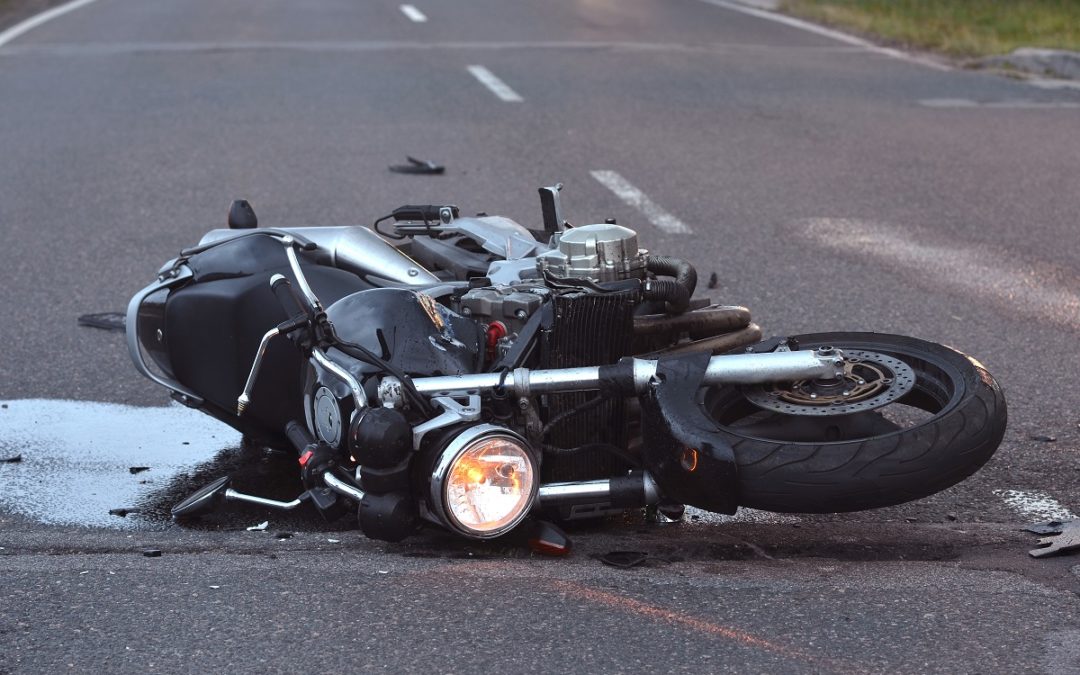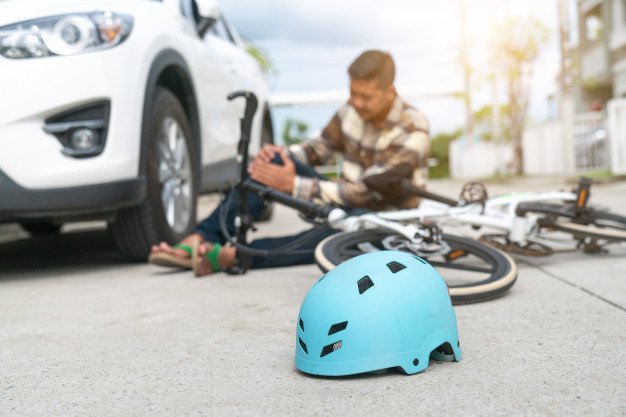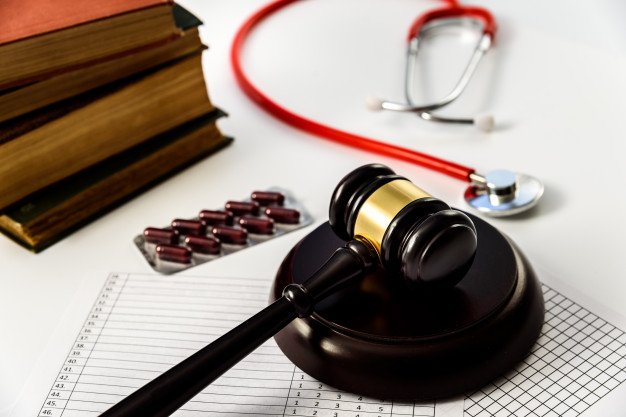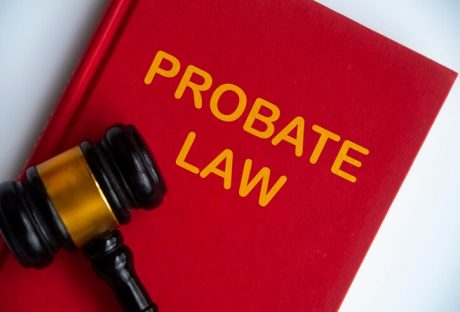If you are involved in a motorcycle accident, you need to take sensible actions to protect your health and your personal injury claim. Read the guide below to prepare yourself for the worst-case scenario on the road:
1. Ensure Your Safety
First and foremost, you need to carefully handle yourself at the accident scene. You have to get yourself to safety. Distance yourself from anything harmful and immediately get out of traffic. If safe, try to take pictures that show the positions of vehicles before moving them.
2. Check Yourself for Injuries
Second, you need to check if you are physically injured. You should also check on the other people involved in the accident. If anyone is seriously hurt, call 911 for emergency help. You should seek medical attention even if you are not severely harmed so your injuries can be documented.
3. Stay Composed
Up next, you need to remain calm. Don’t panic as you could end up making the situation worse. Don’t say admit fault or aggressively assign blame to another party. Stick to the basic facts if questioned by the police.
4. Call the Police
It is best that you immediately call the police and may be required if the accident caused injury or serious property damage, depending on your state. Police officers can control the traffic, make a report on the accident scene, and make arrests if warranted.
5. Collect Evidence of the Scene
If you are physically able to do so, gather evidence of the scene. You can take photos from your phone and record videos to document damage to your motorcycle and your injuries.
6. Gather Information from Witnesses
You can also talk to witnesses and obtain the necessary information. Try to collect their names, phone numbers, and addresses. This way, your lawyer can follow up and determine if their deposition might contribute to your case should it proceed to discovery.
7. Contact a Motorcycle Accident Attorney
Next, you should call a qualified attorney to help with your motorcycle accident case. If you don’t know any lawyers, you can contact the Oxnard motorcycle accident attorneys at Harris Personal Injury Lawyers, Inc. in California to inquire about legal assistance. A dedicated motorcycle accident attorney can compile evidence, file the necessary paperwork, help you avoid mistakes, and pursue the highest settlement on your behalf.
8. Avoid Mistakes
Do not provide a statement to the insurance company without your lawyer’s approval. Do not discuss the accident online or post pictures of your injuries. In fact, you should deactivate your social media accounts. Do not discard evidence or documents pertaining to the accident, your injuries, or the associated costs. Follow your doctor’s orders exactly.
Above all, ride carefully next time to prevent motorcycle accidents and injuries. Always wear protective gear. Never ride a motorcycle if you are drunk. Obey traffic laws, follow road signs, adhere to speed limits, and avoid risky behaviors.
Read Also:






















